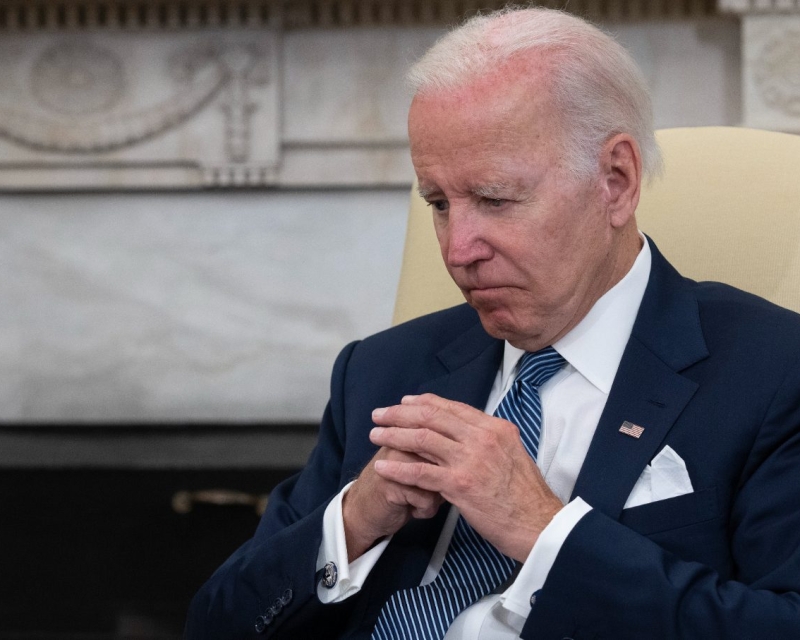Biden’s Rent Control Proposal Sparks Industry Alarm and Debate
In a move set to shake the foundations of the U.S. rental market, President Biden has introduced a proposal to impose rent control measures on nearly half the country’s rental properties. The plan, announced Thursday, aims to cap rent increases at 5% for landlords with more than 50 units or risk losing federal tax breaks. This bold step, part of the administration’s broader effort to tackle soaring housing costs, has ignited a fiery debate among experts and industry trade groups.
The administration is framing the rent control proposal as an “anti-gouging” measure, arguing that it’s a necessary step to protect renters from excessive and unjustified rent hikes. With housing costs climbing to unprecedented levels, the White House believes this policy could offer much-needed relief to millions of Americans struggling to keep up with their monthly payments. The idea is to prevent landlords from exploiting the housing crisis to inflate rents unreasonably, thereby making housing more affordable and stable for the average renter.
However, this proposal has not been met with universal acclaim. Groups representing landlords and property managers are sounding the alarm, claiming that the root cause of high rent prices lies in rising costs and a severe shortage of housing units. They argue that imposing rent controls could exacerbate these issues rather than alleviate them. Landlords, already grappling with increased maintenance and operational expenses, might find their margins squeezed even further, potentially leading to disinvestment in rental properties and a slowdown in new housing development.
Critics also warn that rent control measures could lead to unintended consequences, such as reducing the incentive for landlords to maintain and improve their properties. In markets where rent control has been implemented, there have been instances of property neglect and a decline in the overall quality of rental housing. Moreover, some experts argue that rent controls do not address the fundamental issue of supply and demand imbalance in the housing market. They suggest that the administration should focus on policies that encourage the construction of more housing units to meet the growing demand.
The proposal’s fate now lies in the hands of Congress, where it is expected to face fierce opposition from Republicans and possibly some moderate Democrats. The political battle ahead will be intense, as lawmakers weigh the potential benefits of providing immediate relief to renters against the long-term implications for the housing market.
In the meantime, renters and landlords alike will be closely watching the developments, each side hoping for a resolution that addresses their concerns. The Biden administration’s ambitious plan to rein in housing costs could become a defining issue in the ongoing struggle to balance economic fairness with market realities in America’s complex and often contentious housing landscape.






